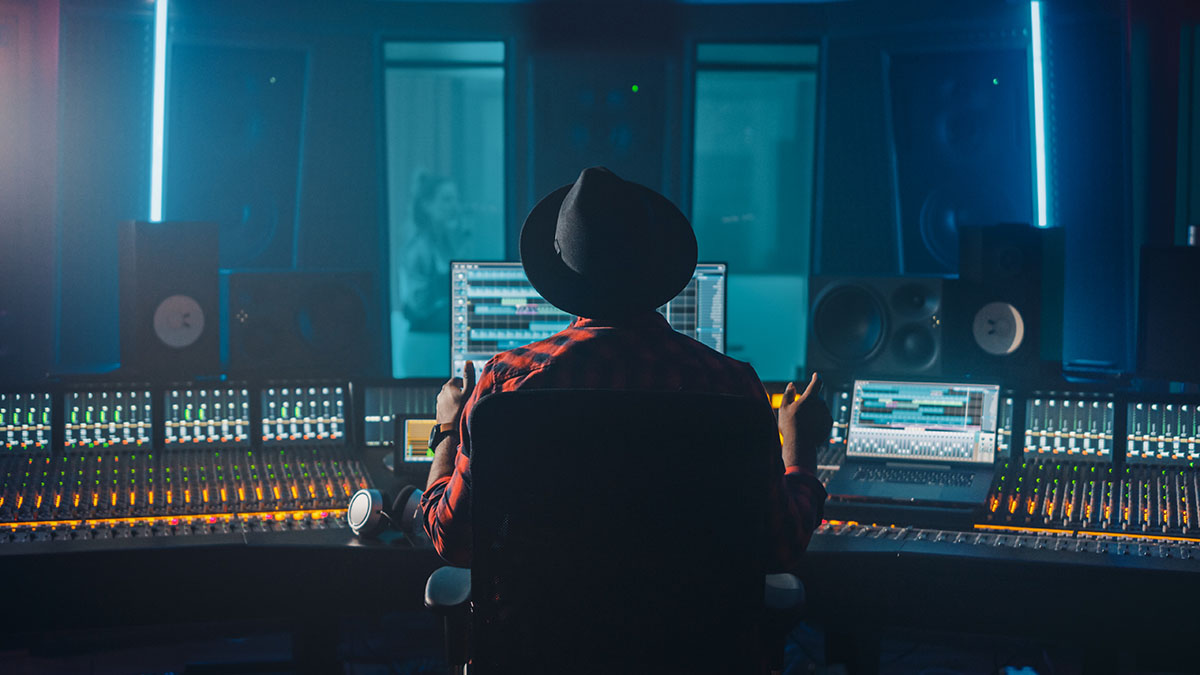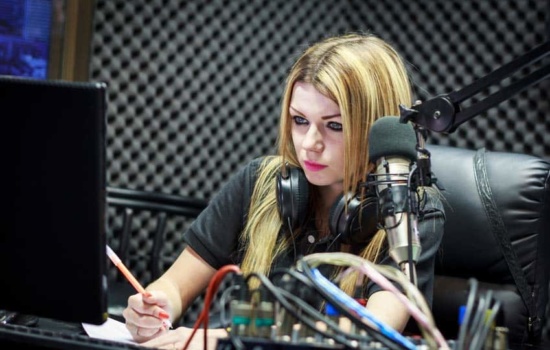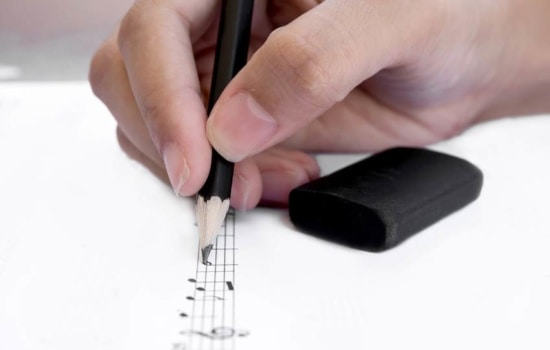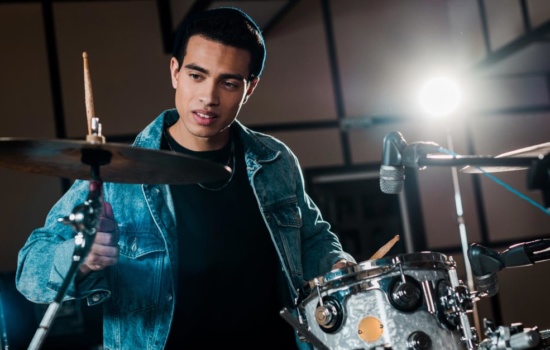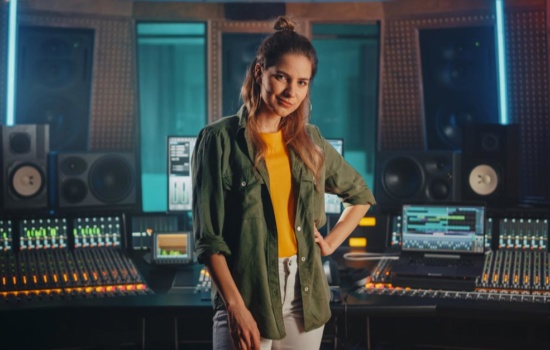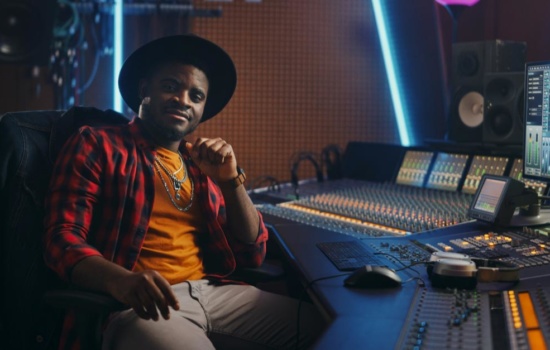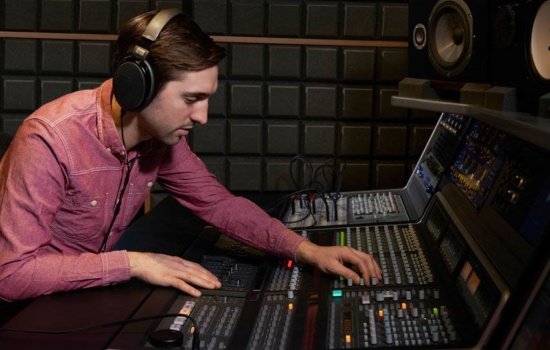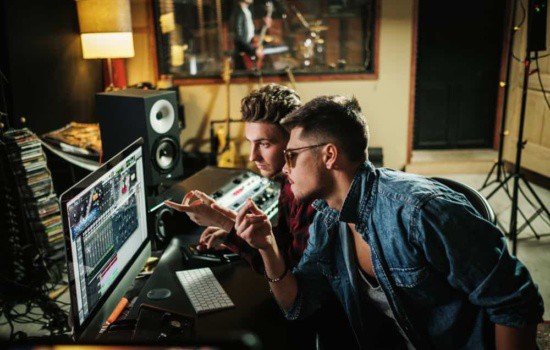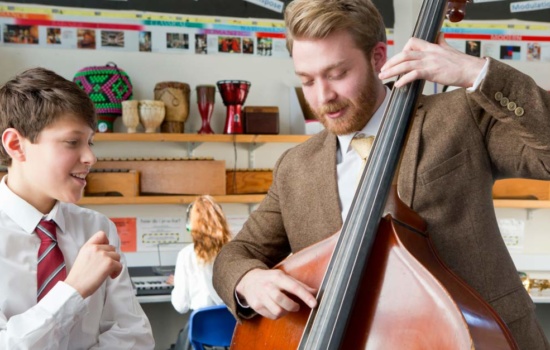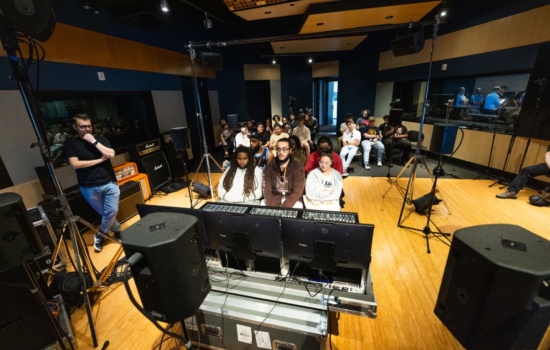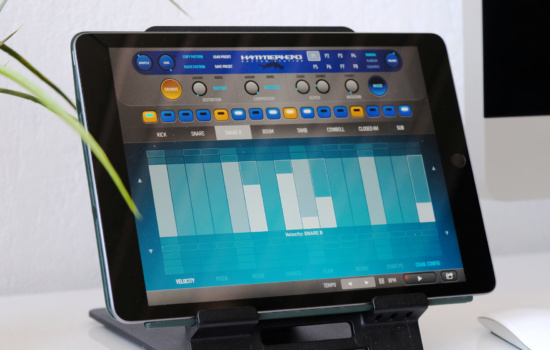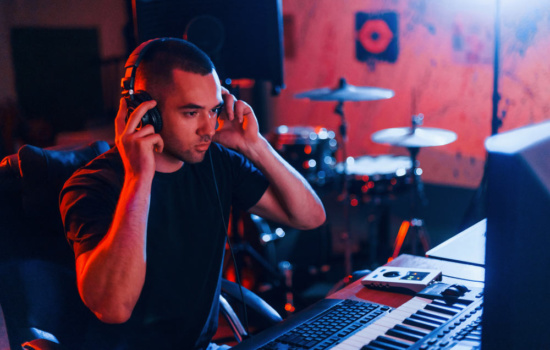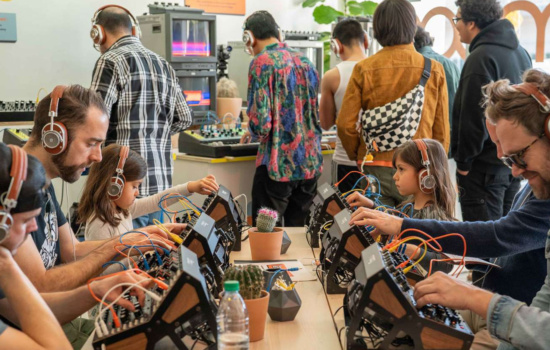If you want to make music producing your career, there is a lot you’ll need to learn, but here are three general areas you can focus on:
The Basics. If you’re looking to make music, you first need to know how to… make music. This means understanding song structure, melodies, practicing writing lyrics, or even studying what other Music Producers have done before.
The Tech. Even if you want to incorporate no other instruments or sounds other than a guitar or a piano, there is still a lot of tech that goes into music producing these days. If you want to be the person doing the producing, you must learn several software programs and understand how all the pieces of a studio come together.
The Human Aspect. Almost nobody succeeds in the field of music producing all alone. You have to work with others, whether they’re musicians, people at studios, mixers, mastering engineers, or even executives at record labels. Networking and being well-liked will take you very far.
The world of music producing encompasses a range of responsibilities and knowledge, but getting started should always involve an understanding of music itself, the technology behind it, and the collaborative nature of the industry.
